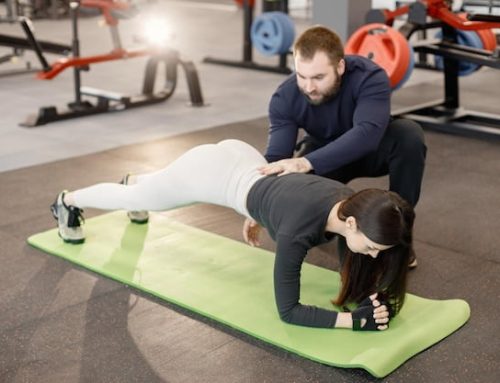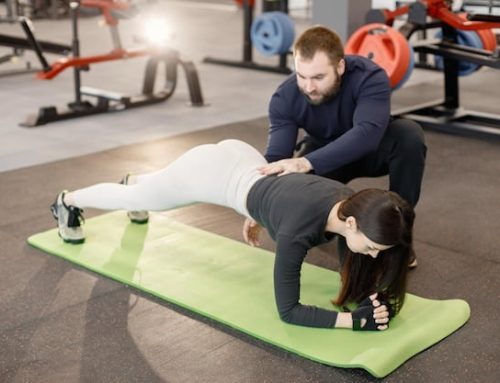Introduction
Sports-specific training is the backbone of athletic success. To perform well, athletes need to have a well-rounded training program that focuses on different aspects of fitness, including strength, agility, endurance, and mental toughness. But achieving the perfect balance can be a challenge. This is where the role of a coach comes in. A coach not only develops sports-specific training programs but also provides guidance and support to help athletes reach their full potential. In this article, we will discuss the 6 principles of coaching that every coach should know to develop effective sports-specific training programs.
The 6 Principles of Coaching
Principle #1: Understanding Athlete’s Needs
To develop an effective sports-specific training program, coaches need to have a deep understanding of the athletes’ needs. This includes their fitness level, past injuries, and areas of weakness. For example, if an athlete has a history of knee injuries, it’s important to develop a program that focuses on strengthening the knees and improving flexibility. On the other hand, if an athlete lacks stamina, the training program should incorporate endurance training.
Principle #2: Establishing Goals
Setting goals is a crucial part of sports-specific training. Coaches need to establish clear and realistic goals with their athletes. These goals should be measurable and time-bound, which will enable athletes to track their progress and stay motivated. For example, if an athlete wants to improve their vertical jump, setting a goal of increasing their jump height by 2 inches in 4 weeks can be a good starting point.
Principle #3: Building a Team Culture
Sports-specific training is not only about the individual athlete but also about the team culture. Coaches need to develop a team culture that promotes discipline, hard work, and accountability. This can be achieved by setting team goals, promoting open communication, and encouraging the team to work towards a common objective.
Principle #4: Individualized Training Programs
Every athlete is unique, and their training programs should reflect that. Coaches should develop individualized training programs that cater to the specific needs of each athlete. This can include modifying exercises, adjusting training volume and intensity, and providing personalized feedback.
Principle #5: Progression and Periodization
Progression is essential in sports-specific training. Coaches need to gradually increase the intensity and volume of training to avoid plateauing and ensure that athletes are constantly challenged. Periodization is a method of planning the training program to optimize performance during competition season. By incorporating periodization, coaches can ensure that athletes peak at the right time, which is crucial for success.
Principle #6: Mental Training
Sports-specific training is not just about physical fitness, but also about mental toughness. Coaches need to incorporate mental training into their programs to prepare athletes for the mental challenges of competition. This can include visualization, goal-setting, and relaxation techniques.
Conclusion
Sports-specific training is crucial for athletic success, and coaches play a vital role in developing effective training programs. By understanding the athletes’ needs, establishing clear goals, building a team culture, providing individualized training programs, incorporating progression and periodization, and implementing mental training, coaches can help their athletes reach their full potential. These 6 principles of coaching are a must-know for every coach who wants to develop a successful sports-specific training program.






